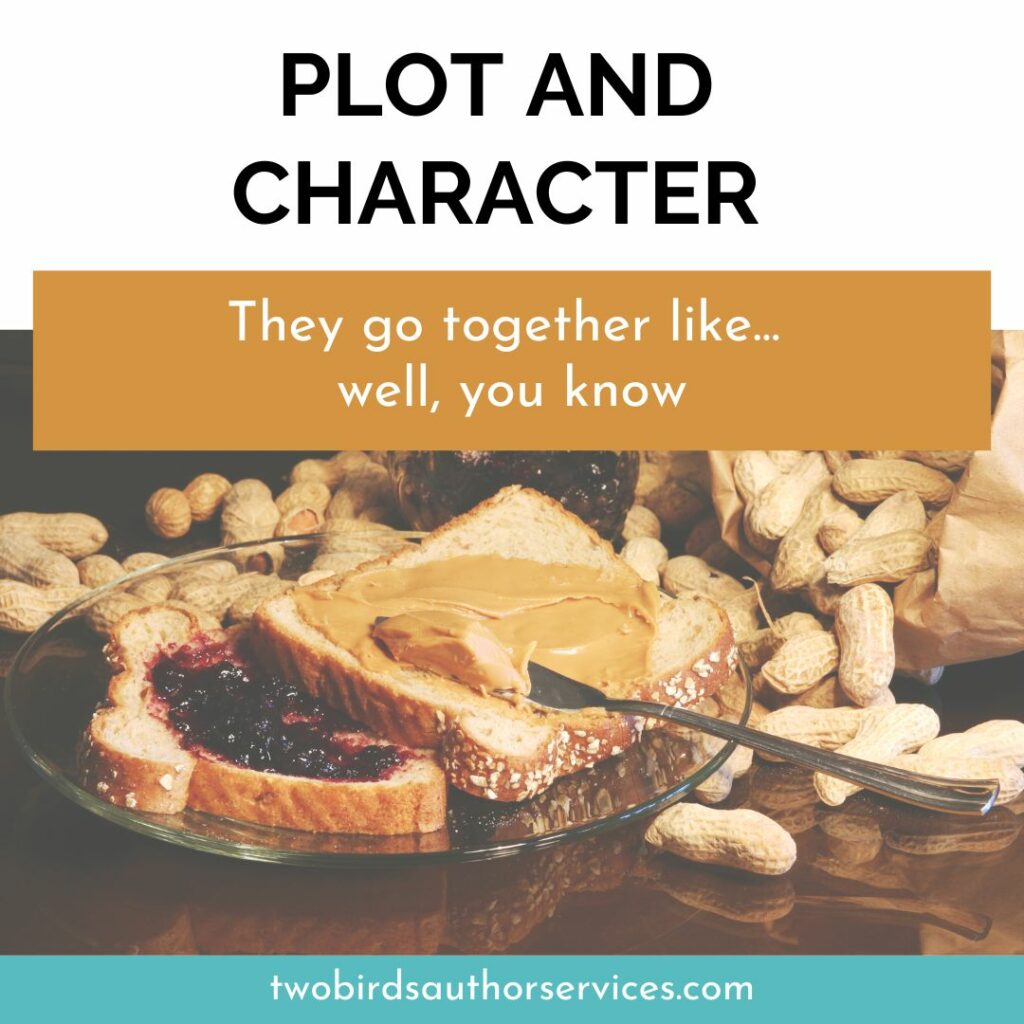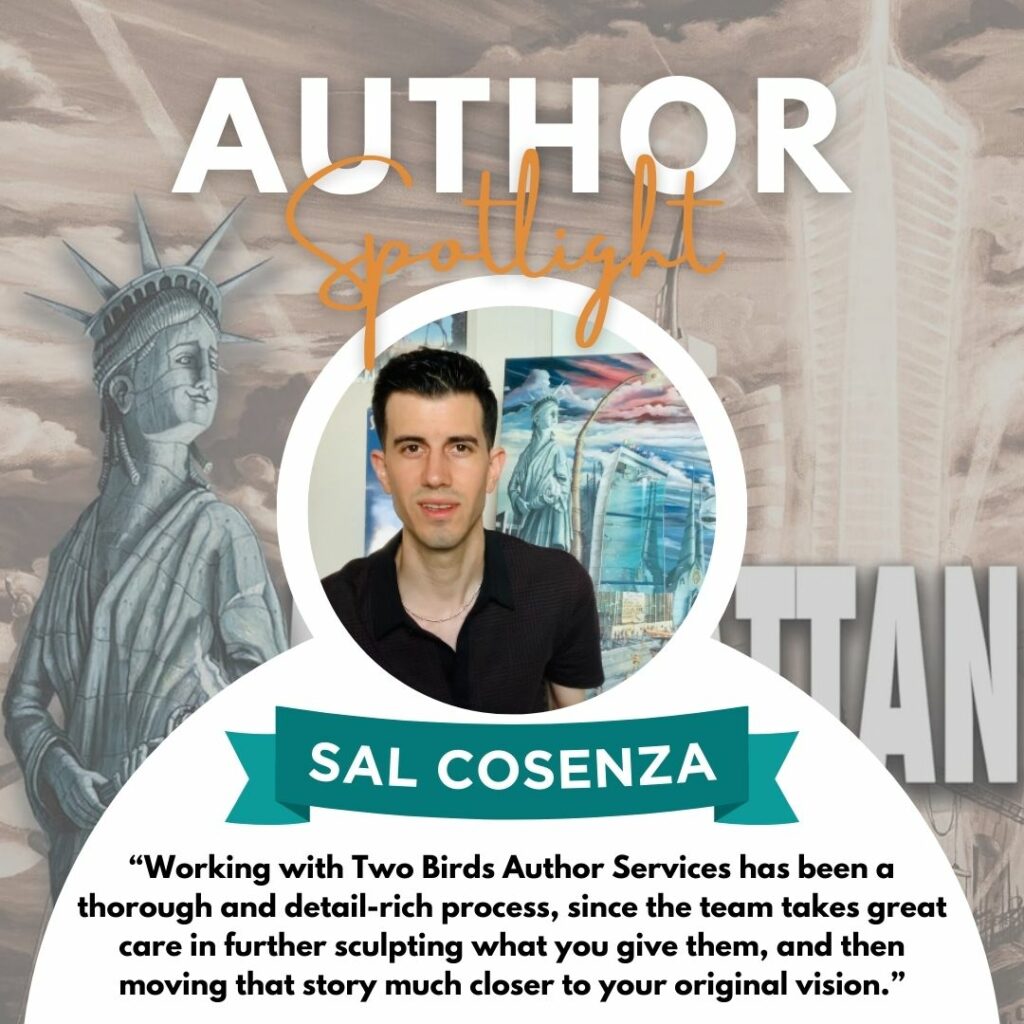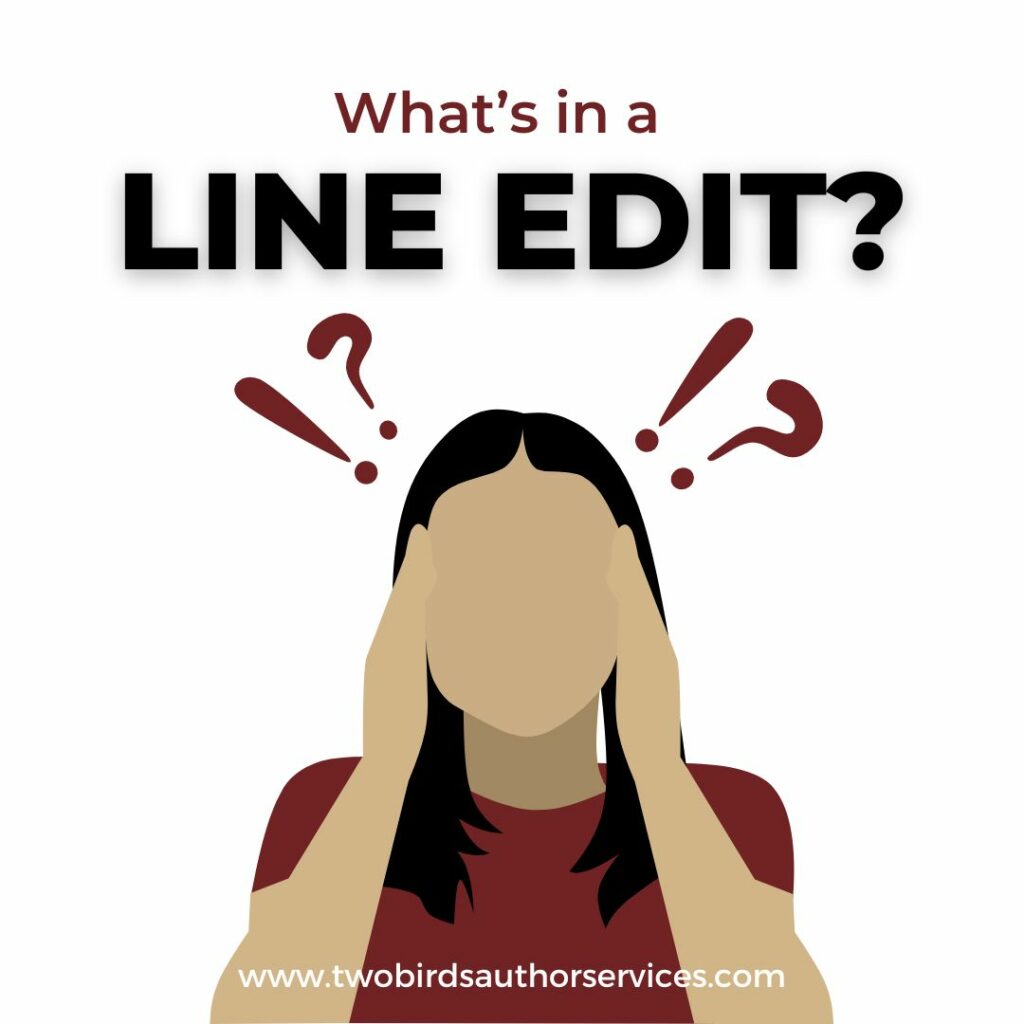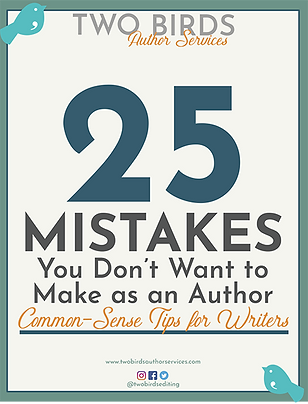WHY THIS MATTERS AND WHAT YOU CAN DO ABOUT IT

In the best books, the ones that keep readers coming back for more, plot and character are intricately intertwined. Like Romeo and Juliet, they can’t live without one another. They’ll either stay together forever, or die. They can’t function alone. But all too often, writers fail to really get to know their characters well enough to be sure their internal goals force the story’s action to occur.
nn
Here’s why addressing this issue matters to your fiction.
n
What happens when plot and character don’t combine right?
n
As a reader, you can’t help but notice when this combination is not working as it should. A lack of connection between a character’s internal motivations and goals and the elements of action that make up the plot create a host of problems:
- n
- Events that occur but don’t feel like they make sense. This leaves readers wondering, “Why is this happening now?”
- Actions that characters take that don’t feel logical. This leaves readers wondering, “Why would this character do that?”
- Dialogue that doesn’t feel realistic. This makes readers ask, “Why would these characters bother talking about these particular things?”
- Plot complications that don’t have a clear, strong root in character. This causes readers to think, “Why did the character do this, when doing something else makes so much more sense?”
n
n
n
n
Notice anything? Yes—there are a lot of “why” questions being asked. And they’re not the curious, intrigued, “I have to know more!” kind of questions either. These are the frustrated, disconnection-induced inquiries of readers who are just about ready to put your book down without finishing it … Or worse, leaving it a poor review.
n
Plot must be rooted in character
While real life is often mysterious, with people doing things you wouldn’t believe and actions occurring that seem impossible to predict, fiction isn’t like that. Fiction has to have a sense of logic, consequence, and dare we say it, determinism. You want your book to feel like it’s a surprise during the reading, but afterward, in retrospect, you want the reader to say, “Aha! Of course, that’s what happened. That was the only thing that could have happened!”
nn
What creates that satisfying sense of catharsis and delight at the end of a book is a result of planning plot events around who your character is, what motivates them, and the conflict that arises between two opposing desires within your character’s mind and heart. Your character wants to enjoy his staycation with his family and keep his home soothingly suburban. And your character also wants to heroically defend his neighborhood when mysterious neighbors move in next door and do weird things. And when the old guy who lives down the street goes missing, what’s a guy to do?
nn
His desire to keep things relaxed conflicts with his desire to perform a heroic act. And in a way, they also collaborate because if he can defend his neighborhood from troubling new people, he’ll be better able to relax and enjoy suburbia. So he has to get out of the house and go investigate. Despite his wife telling him to stop it, he has to prowl around the missing old guy’s home looking for clues. He has to spy on the new neighbors, concoct goofy plans with his friends, and go over the fence looking for dead bodies in the weird new people’s backyard.
nn
If this sounds familiar at all, it’s because it’s the plot of The Burbs — a cult classic starring Tom Hanks and Carrie Fisher that is hilariously rewatchable because everything that happens leans heavily on the fact that this guy, Ray, just can’t enjoy his staycation without getting into some caper to find out if the new family are serial killers.
nn
What makes it funny instead of serious is that everyone involved in solving the mystery are not at all skilled at doing what they’re trying to do. They’re trying to be heroes, without the chops. Ray and his friends do things that make sense, yet cause problems, and the hilarious plot ensues. When the new neighbors do indeed prove (spoiler alert!) to be killers, this also makes humorous sense. Ray succeeds, in spite of himself, because he does know what suburbia should be like. That’s the one thing his character knows intimately, and it helps him succeed in the end.
n
Make your plot reliant on your character’s motivation
In early drafting and planning, plot often takes the lead. This needs to happen, that needs to happen, and on down the line to the conclusion you’re going for. And that’s okay, as long as you go back and rewrite to make character and plot go together.
nn
But it’s much easier to plan this part of your story ahead of time. And it helps to be ruthless about it. Be willing to like your character a little less. Be willing to like your own brilliant ideas a little less too. Be hard on your ideas until you can toss aside the things that don’t work, and lean into the character traits that force your plot to hit its logical conclusion in a way that makes readers say, “Yes, of course! That had to happen. And I loved every minute of the ride!”
nn
If we can help you assess your manuscript to see how well plot and character are working together to create that inevitable sense of satisfying conclusion, let us know. Our manuscript critiques and developmental editing services are perfect for that purpose.
nnn
Have questions about the editing process? We’d love to chat with you and help you figure out your next steps. ,Contact us to set up a free sample edit.
nn
Sign up to receive our monthly newsletter, full of more helpful info and special deals!
n




